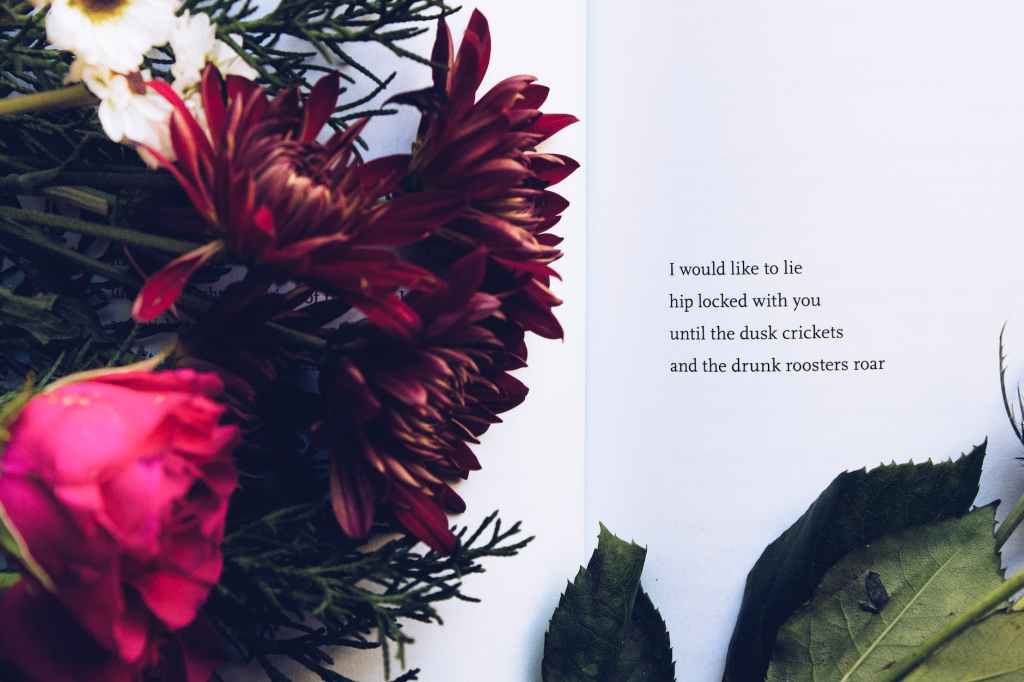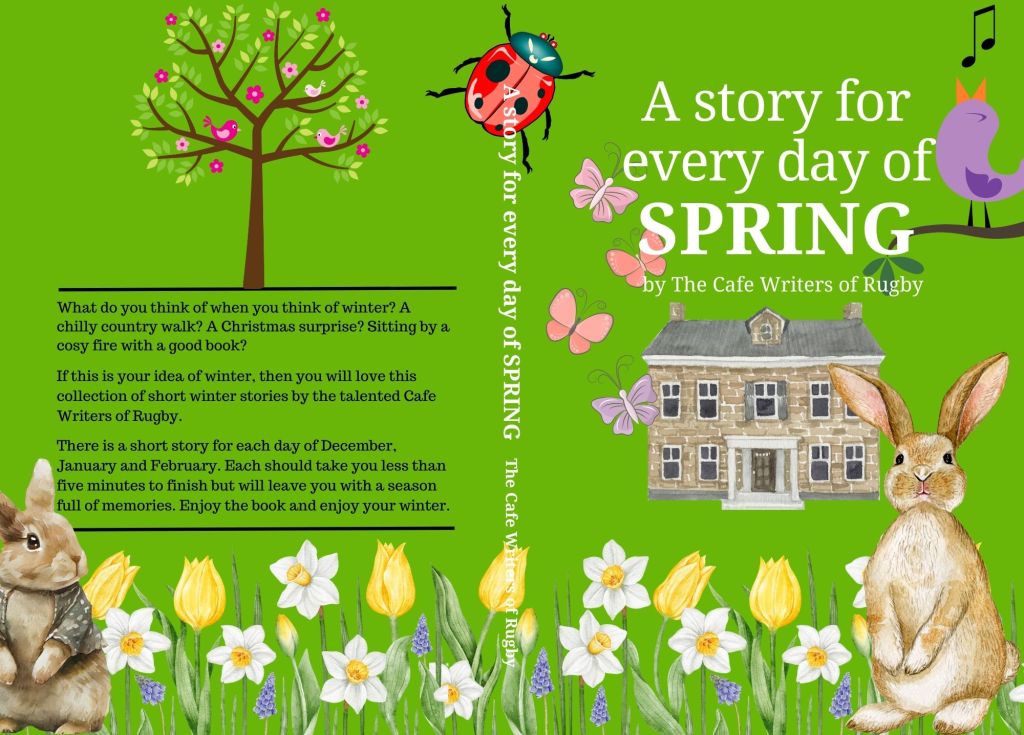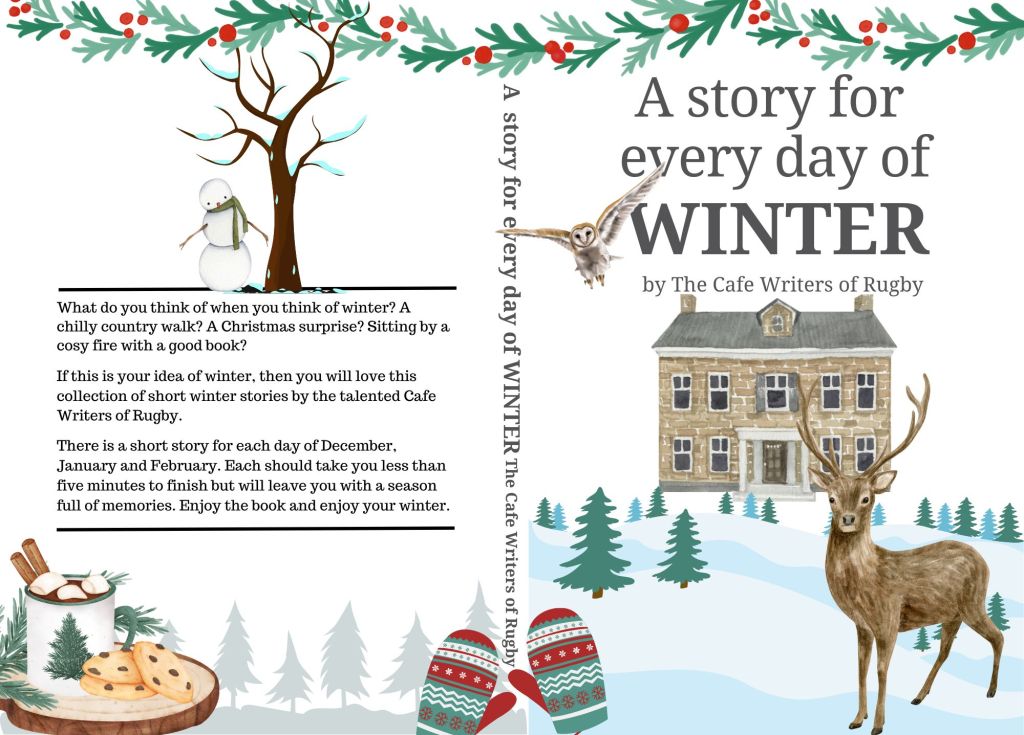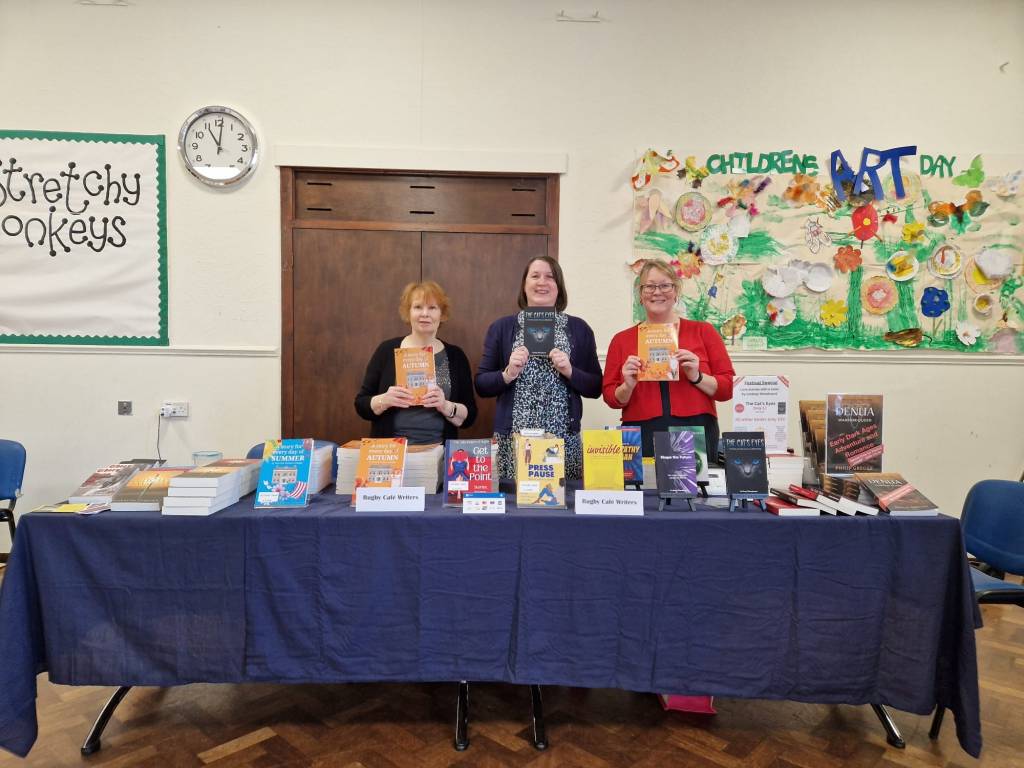I heard this morning on the radio that Poetry as a subject is being dropped from the National Curriculum in the next academic year. I hope it’s not true. To quote one brave young activist “How dare they?” Music also apparently seems to be under threat, according to some ‘leaked’ reports.
While trying not to sound too political, it’s interesting to note how out of tune the government is with public opinion. During the pandemic, more time has been spent on reading and writing poetry than ever before apparently, not to mention the role music and the arts played in our need to deal with the stress of Lockdown. These things are essential to our mental health.
Poetry is our subject on Café Writers meeting next week (August 14th), and because it plays such a huge part in my own writing, even creeping into my novels, I felt I had to say something about this. Take the poet Tony Walsh who wrote ‘This is the Place’ after the bombing in May 2017 – how the reading of his poem to thousands helped to console and bind together the shocked and bereaved people of Manchester.
If you find a poem too obscure, too serious, or simply weird, a lot can be gained by simply someone explaining it. Poetry takes a step away from pure reporting, or description; it reflects the writer’s personal feelings, a different angle, a new way of seeing. Children usually enjoy cheerful, funny rhymes, but some serious poetry has emerged written by children lately too during Lockdown. It can cheer us up, or calm us down, and can help relieve stress.
A poem can sometimes put over something in a few words, with more impact, than a long explanatory essay. So all I ask today is – if it’s true that poetry is regarded by the establishment as an unnecessary subject to be covered in schools – do you agree? I don’t. Theresa Le Flem
Poems mentioned during our discussion:
Leaves of Buchenwald by Maurice Pertschuk.
Under Milk Wood by Dylan Thomas.
Impossible Pets by Peter Dickinson.
After the Lunch by Wendy Cope.
The Menologium, a tenth century poem which catalogues the months of the year.
He Never Leaves the Seat Up by Pam Ayres.





Leave a comment